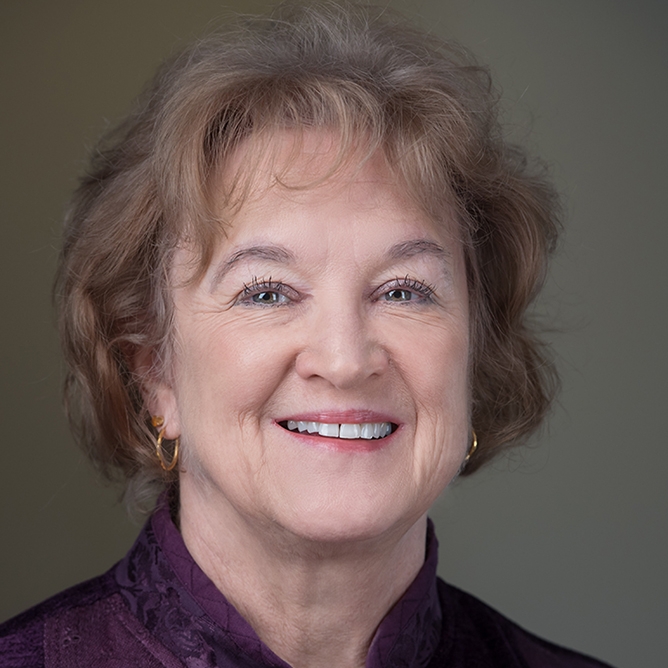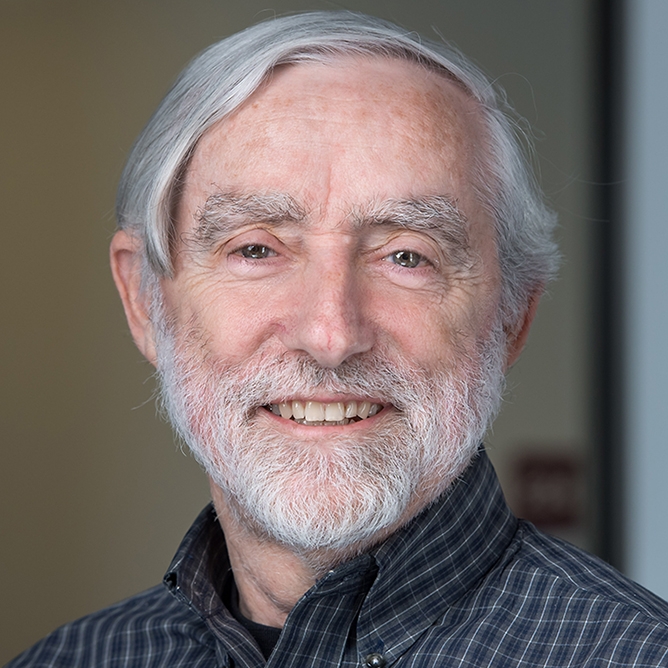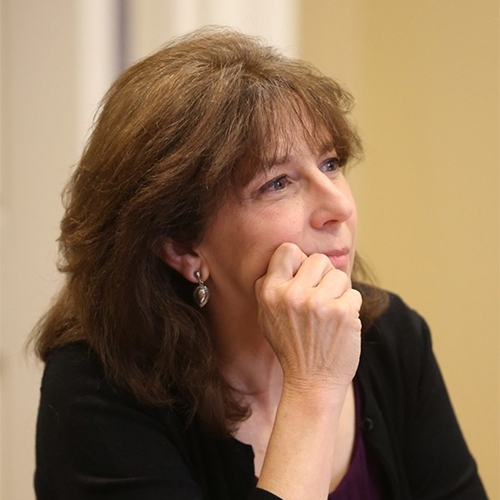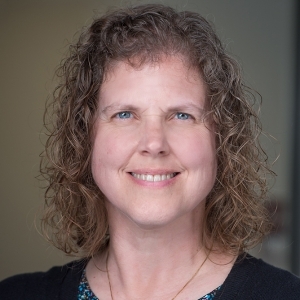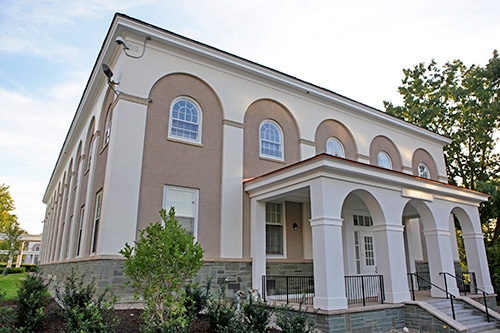His research areas include the history of education, McCarthyism and political repression in US history, the American democratic tradition, history of American pragmatism, New York City history, and urban social movements.
He is the author of Bad Faith: Teachers, Liberalism, and the Origins of McCarthyism (New York: Fordham University Press, 2019), on anticommunism in the New York City municipal colleges and public schools before WWII; The Chicago Pragmatists and American Progressivism (Ithaca: Cornell University Press, 1993); and articles on nineteenth- and twentieth-century American intellectual, cultural and urban history. His work has appeared in Journal of the History of Ideas, Journal of Urban History and other publications.
NEW: "Liberal anticommunists and the prelude to McCarthyism with Andrew Feffer" American University Campus Podcast:' a social and political history of US higher ed'. December 17, 2025
Publications
Bad Faith: Teachers, Liberalism, and the Origins of McCarthyism, Empire State Editions, Fordham University Press, 2019.
Chicago Pragmatists and American Progressivism
by Andrew Feffer
Cornell University Press
July 1993
The current revival of pragmatism still lacks a deeper historical resonance-an understanding of how pragmatism historically shaped and was shaped by reformist and radical political practice. This book is a crucial addition to our understanding of that history, an example of how intellectual history might inform and benefit from debates about our contemporary political culture. This case reveals pragmatism to be a far subtler-and more contradictory-political and social theory than either its liberal defenders or its radical critics have argued to date. An important, philosophical sophisticated contribution to American intellectual history.
“W’s masculine pseudo-democracy: Brothers-in-arms, suicide bombers and the culture of life,” in W Stands for Women Feminism: Gender and Security in the Presidency of George W. Bush, Lori Marso and Michaele Ferguson (eds.), forthcoming from Duke University Press (Spring 2007).
“Gentrification,” in Encyclopedia of Urban History, forthcoming from Sage Publications.
“The Presence of Democracy: Deweyan Exceptionalism and Communist Teachers in the 1930s,” Journal of the History of Ideas 66.1 (2005), 79-97.
“Show Down in Center City: Manifestations of Collective Identity on a Stage Set by Redevelopment — Philadelphia, 1974-1984,” Journal of Urban History 30:6 (September 2004), 791-825
“’The Land Belongs to the People’: Reframing Urban Protest in Philadelphia, 1973-1981,” in The World the Sixties Made, Van Gosse and Richard Moser (eds) (Philadelphia: Temple University Press, 2003)
“Industrialism and its Critics,” in Scribners Encyclopedia of Cultural and Intellectual History, Mary Kupiec Cayton and Peter W. Williams eds. (New York, 2001), 617-626.
“Sociability and Social Conflict in George Herbert Mead’s Interactionism, 1900-1919” Journal of the History of Ideas 51 (April-June, 1990): 233-254.
“Coroners in the Academy,” Telos 73 (Fall 1987): 185-88 (review-commentary)
Reviews in Journal of American History, Teachers College Record, History of Education Quarterly, American Historical Review, Journal of the History of the Behavioral Sciences, Peace and Change.
Academic credentials
B.A., Swarthmore College; M.A., Ph.D., University of Pennsylvania
History
